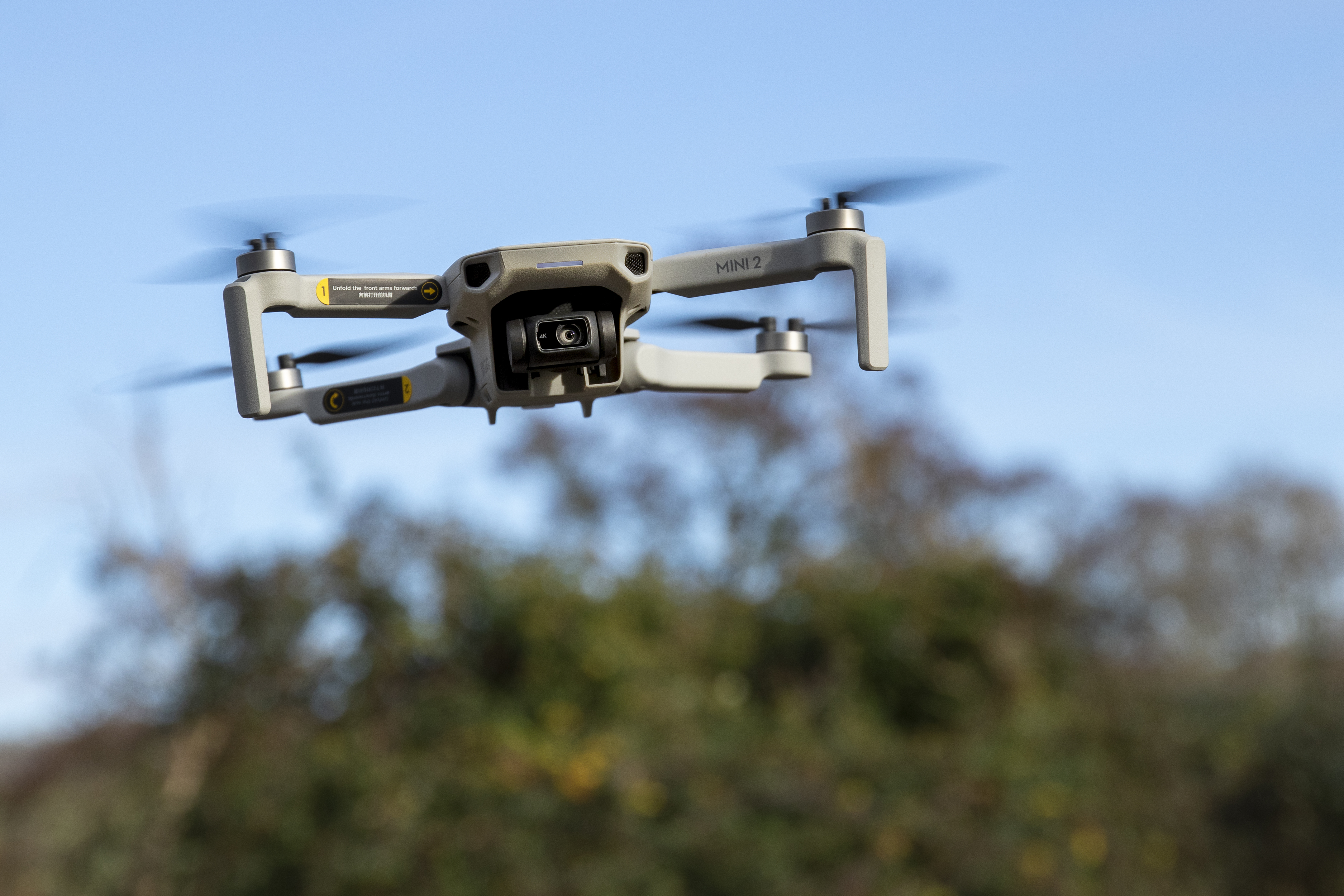If you fly a drone in the US even just for recreation, you MUST take this TRUST test
You’ll get a certificate that you may need to show to the FAA or enforcement officers. The good news is… it’s a test you can’t fail!

The best camera deals, reviews, product advice, and unmissable photography news, direct to your inbox!
You are now subscribed
Your newsletter sign-up was successful
The new TRUST test is designed for recreational drone use only and should help ensure that users have a basic level of drone knowledge before they take to the skies.
It’s not a test you can ‘fail’ because you simply repeat any questions you get wrong; it’s more of an educational tool for getting the essential drone know-how into people’s heads.
US drone regulations are somewhat complex, as they are everywhere, but we do have a separate article on drone rules in the US, UK and Canada.
US recreational drone requirements
There are now three things recreational drone users have to do to meet the FAA regulations:
1. If your drone weighs more than 0.55 pounds (249g) you have to register through the FAA’s Drone Zone
2. Pass TRUST
3. Follow the safety guidelines on the FAA website
The best camera deals, reviews, product advice, and unmissable photography news, direct to your inbox!
Lightweight drones like the DJI Mavic Mini and Mavic Mini 2 have been popular because they sneak in just below the 250g weight limit, but users still need to pass the new TRUST test. This is free and should only take 15-30 minutes. At the end you will get a certificate which does not expire – but if you lose it, you will have to take the test again to get another.
The TRUST test applies only to recreational fliers. If you are going to use a drone commercially, even if it's just for a monetized YouTube channel, you will need Part 107 certification, which is a different process.
Where can you take the TRUST test?
The test has to be taken through a list of a dozen or more Approved Test Administrators, but it is free.
The Academy of Model Aeronautics (AMA)
The Boy Scouts of America
Chippewa Valley Technical College
Community College of Allegheny County – West Hills Center
Drone U
Embry-Riddle Aeronautical University (ERAU)
HSU Educational Foundation
Lake Area Technical College
Pilot Institute
Drone Launch Academy LLC
Proctorio Incorporated
Tactical Aviation
CrossFlight Sky Solutions
UAV Coach
University of Arizona Global Campus
Volatus Aerospace Corp
Read more:
• Best drones for beginners
• Best camera drones
• Drone rules in the US
• FAA recreational fliers info

Rod is an independent photography journalist and editor, and a long-standing Digital Camera World contributor, having previously worked as DCW's Group Reviews editor. Before that he has been technique editor on N-Photo, Head of Testing for the photography division and Camera Channel editor on TechRadar, as well as contributing to many other publications. He has been writing about photography technique, photo editing and digital cameras since they first appeared, and before that began his career writing about film photography. He has used and reviewed practically every interchangeable lens camera launched in the past 20 years, from entry-level DSLRs to medium format cameras, together with lenses, tripods, gimbals, light meters, camera bags and more. Rod has his own camera gear blog at fotovolo.com but also writes about photo-editing applications and techniques at lifeafterphotoshop.com
